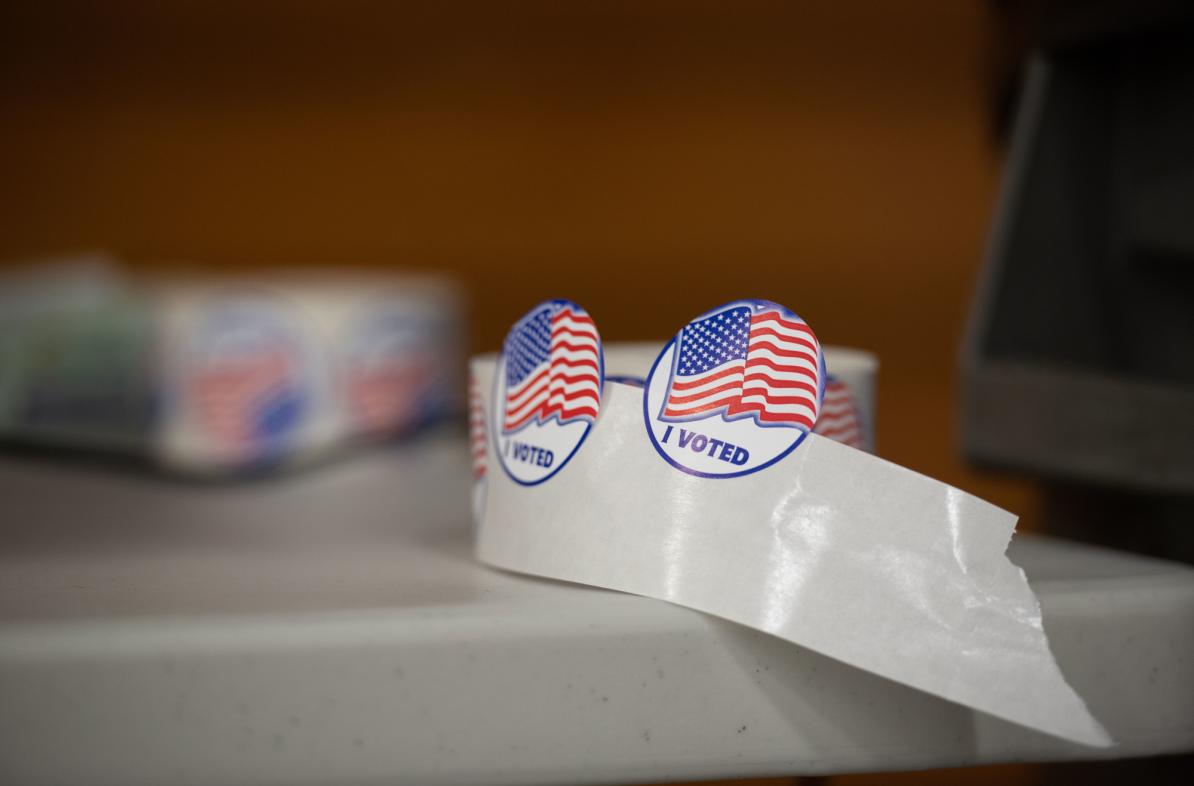ID

UW-Eau Claire students engage in civic responsibility
Story Categories
Authored on
UW-Eau Claire students engage in civic responsibility
Published on:


